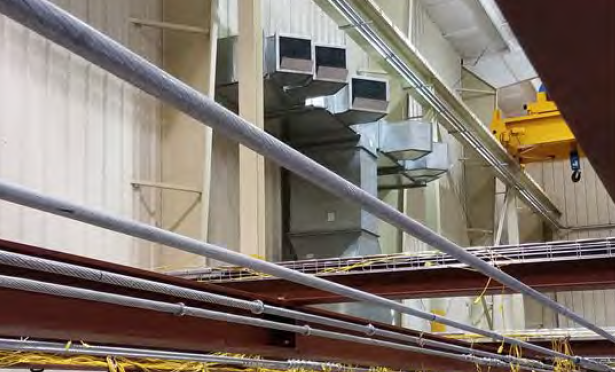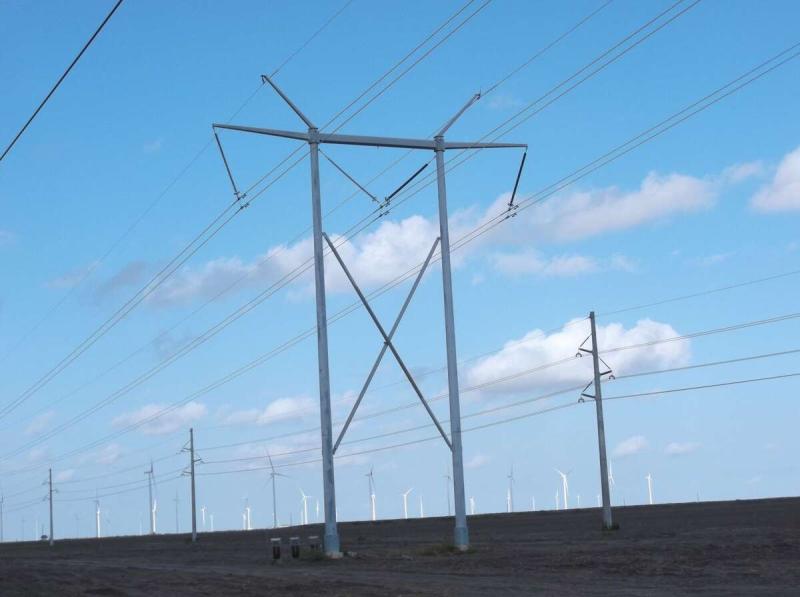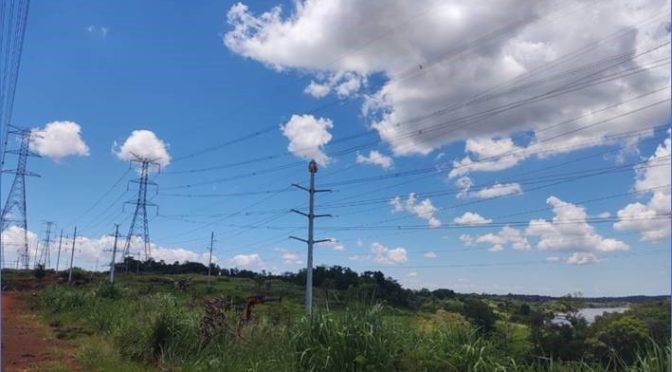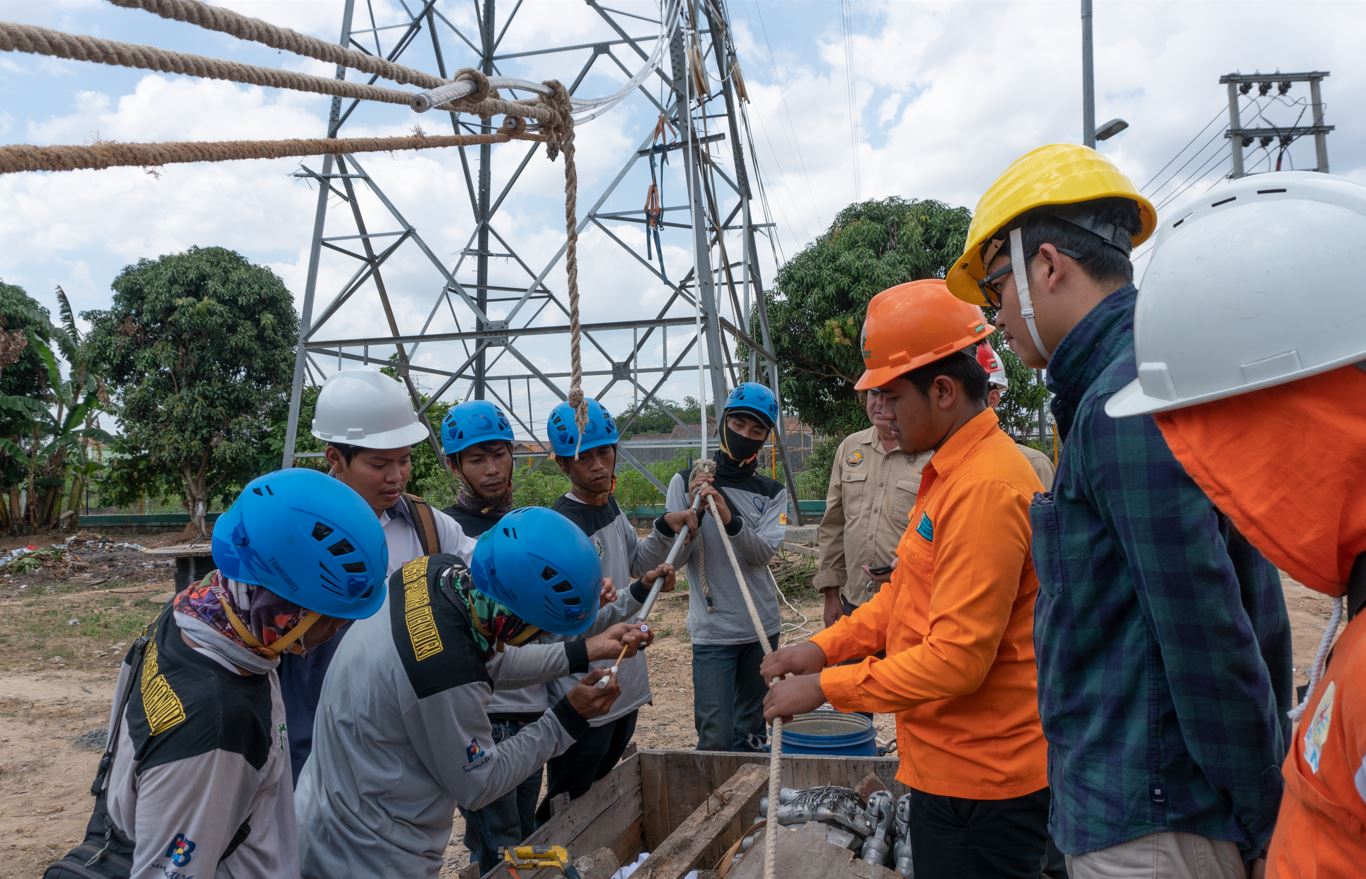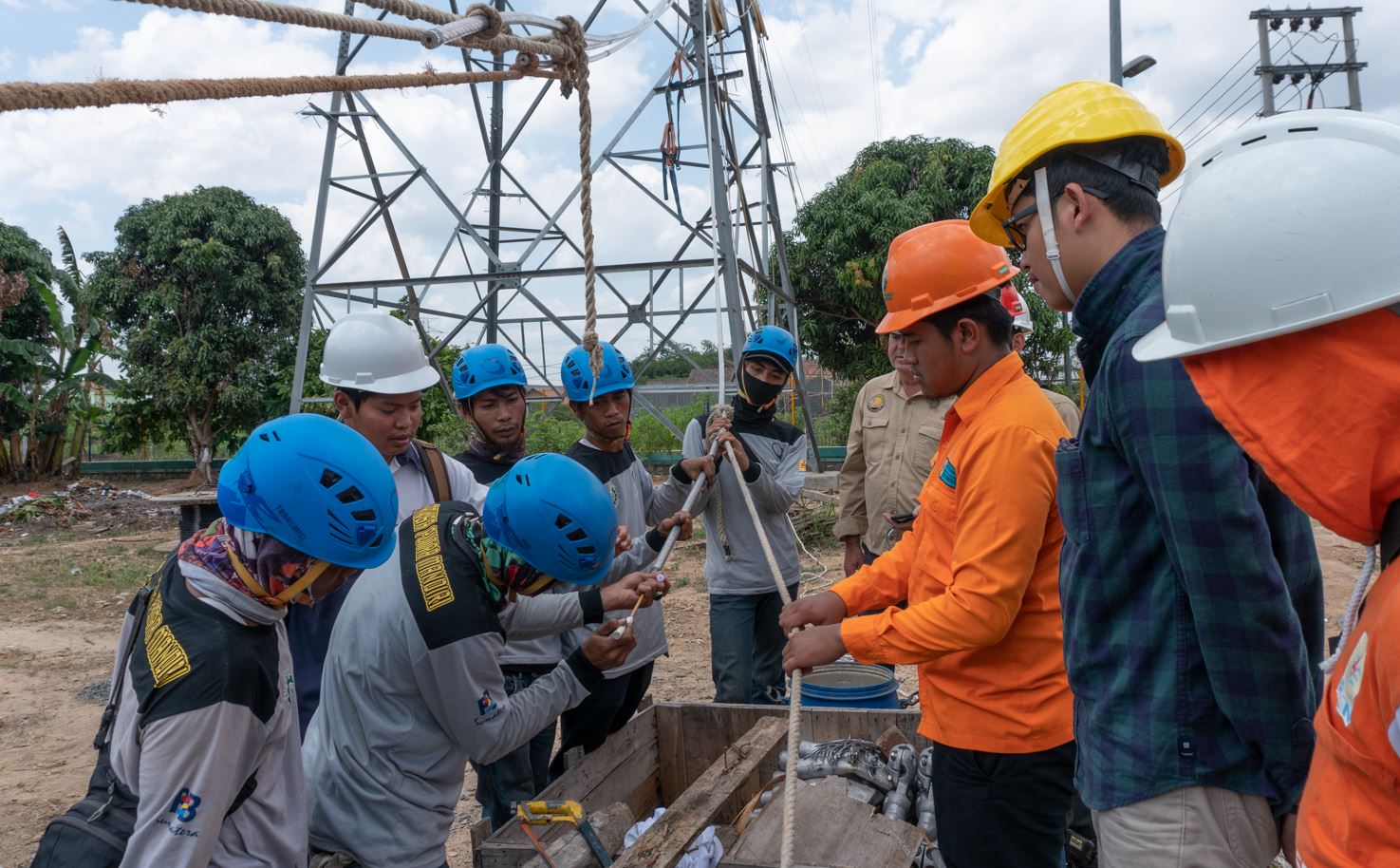Introduction:
Bare overhead conductors and their ancillary hardware components are subjected to extreme conditions over their anticipated service life of thirty plus years. Due to the criticality of this application, extensive testing is required. As an industry leader, the Electric Power Research Institute (EPRI) developed a novel test protocol for high-temperature Advanced Conductors. Their work on this protocol began in 2009. Initially this work was only disseminated to EPRI funders. CTC Global is pleased to announce that this work is now available publicly.
Overview:
Following preliminary testing, CTC Global contracted with the Electric Power Research Institute (EPRI) in 2016 to conduct additional 1,500 cycle thermo-mechanical testing on ACCC® Conductor and ACCC® Hardware following test protocols envisioned by the ANSI C119.7 subcommittee. Two spans were tested, each containing two dead-ends and two splices over a 90 ft (27.5 m) test section. One span was constructed using CTC approved Burndy hardware and the other span was assembled with proposed AFL hardware. Both spans were constructed with ACCC® Drake/Dublin conductor.
The Burndy hardware contained CTC Global’s patented collet design to hold the composite core while the AFL connectors held the core with a crimp connector system. In accordance with the ANSI protocols, the test cycled the conductor and hardware systems from ambient up to a conductor surface temperature of 180°C while under 25% RTS tension for a total of 1,500 cycles – the test is designed to simulate 30+ years of service and is one of the most rigorous tests of high temperature low sag (HTLS) conductor and hardware in the industry.
Successful Results:
During the thermal/mechanical cycling portion of the 1,500 cycle test there were no anomalies such as bird-caging or strand deformation in the conductor, and no slippage observed in the hardware components that had been seen in previous attempts when inappropriate thermocouple attachment methods had been employed.
After completion of the 1,500 aging cycles (2016), the test spans were cut to lengths that would allow testing of the individual hardware components. Each hardware assembly was subjected to X-ray analysis followed by tensile testing to failure. To perform the tensile strength analysis, sufficient lengths of conductor was left attached to each hardware component to enable the conductor ends to be terminated with epoxy end grips.
With the assistance and supervision of EPRI, the connector-plus-conductor test specimens were placed in a calibrated tensile load frame located at CTC Global in Irvine, CA, and each pulled to failure. All of the heat cycled specimens (conductor and hardware) achieved over 100% of their rated strength of ~41,000 lbs.
Endnotes:
While EPRI does not endorse nor promote any product or company, the test was considered a strong validation of the robustness and reliability of CTC Global’s conductor and associated conductor hardware. The test report, in its entirety, can now be found on EPRI’s website at: https://www.epri.com/research/products/000000003002009962
The publication is a corporate document that should be cited in literature in the following manner: Long-Term Accelerated Aging Tests of the CTC Global Aluminum Conductor Composite Core Dublin Conductor: Final Results. EPRI, Palo Alto, CA: 2017. 3002009962.
